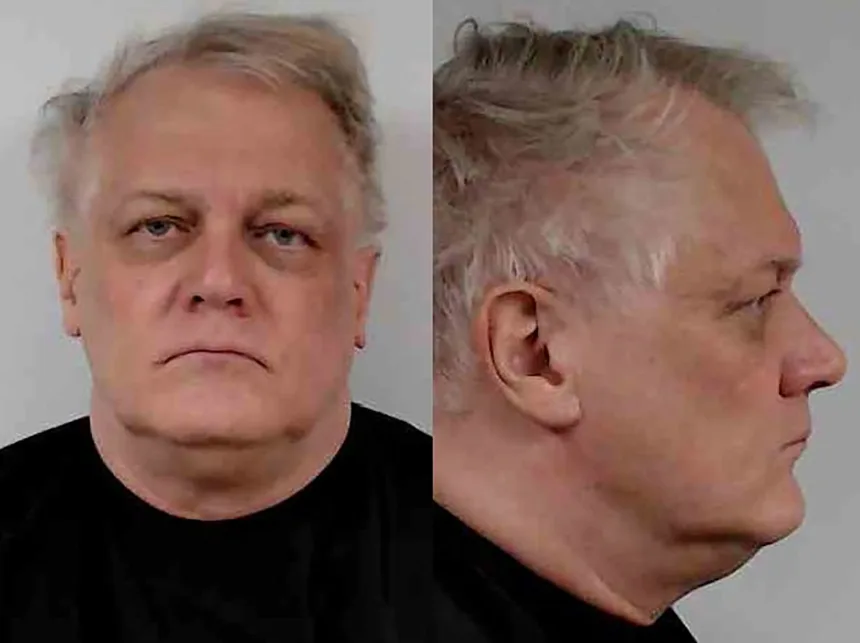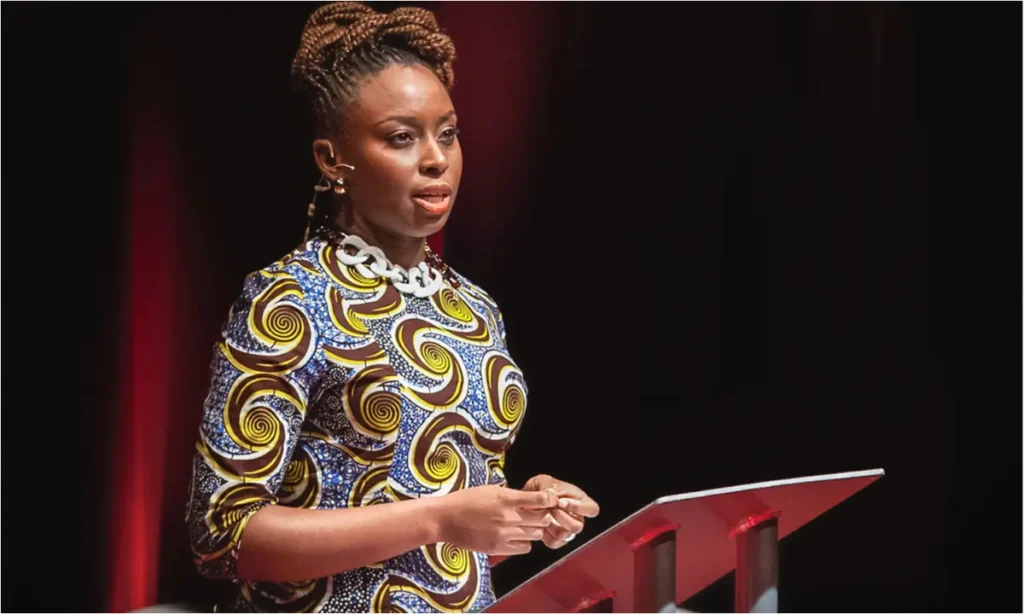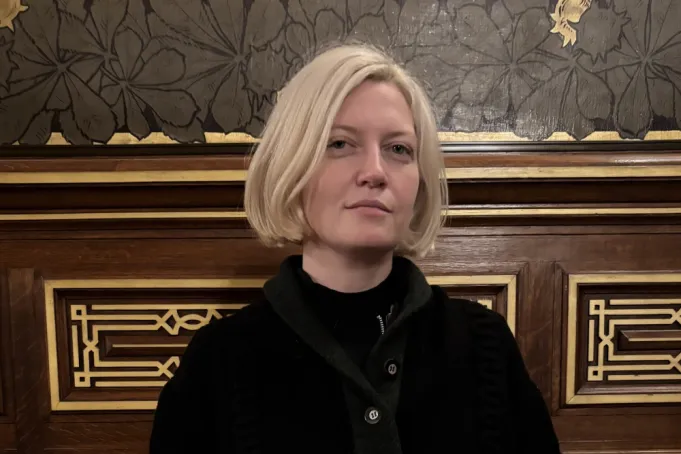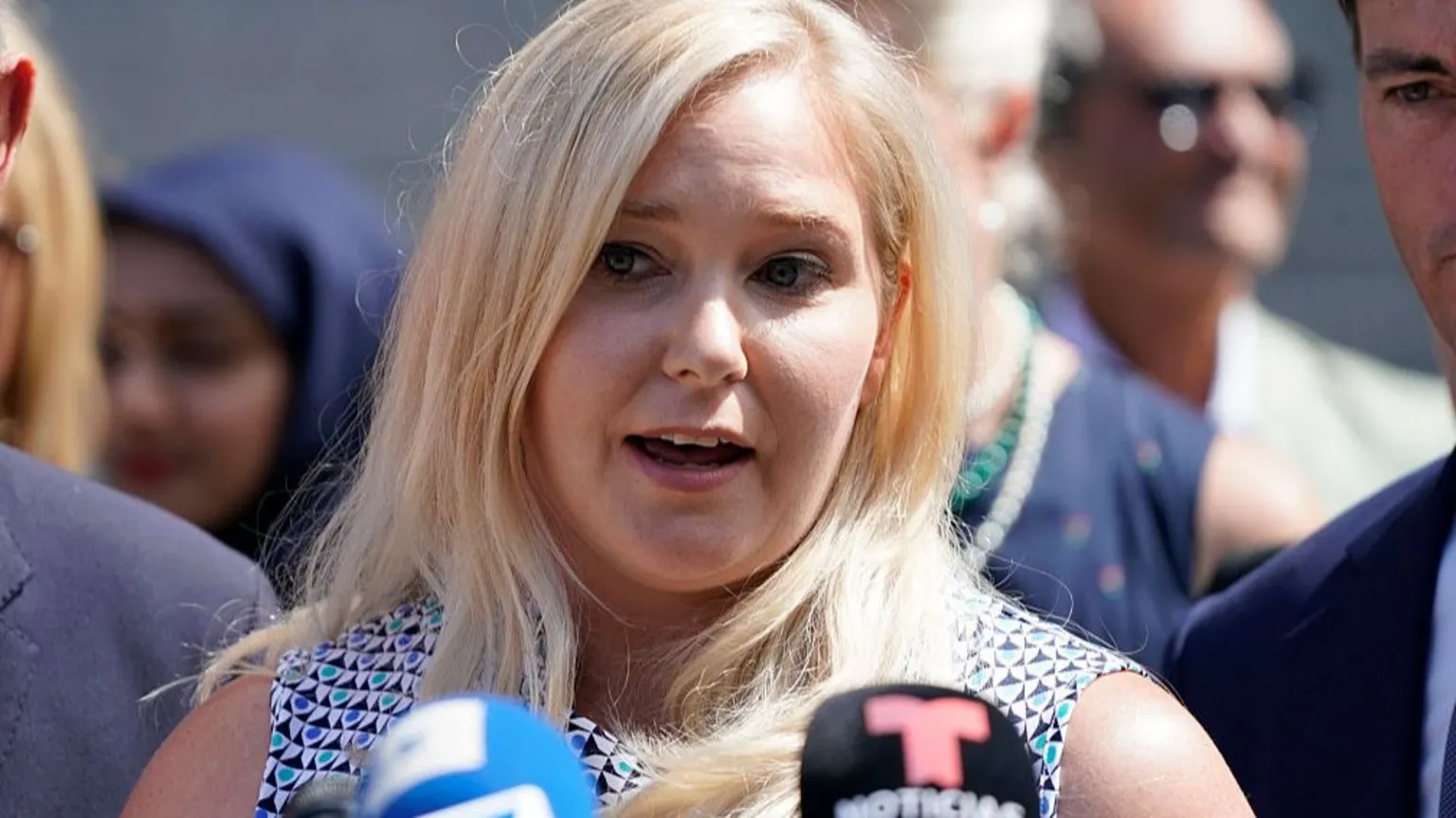Now Reading: Nicolas Sarkozy Jailed: Former French President Begins Five-Year Sentence Over Libya Campaign Finance Scandal
-
01
Nicolas Sarkozy Jailed: Former French President Begins Five-Year Sentence Over Libya Campaign Finance Scandal
Nicolas Sarkozy Jailed: Former French President Begins Five-Year Sentence Over Libya Campaign Finance Scandal

France’s former president Nicolas Sarkozy has begun serving a five-year prison sentence after being convicted of conspiring to illegally finance his 2007 election campaign with funds from late Libyan leader Muammar Gaddafi.
The 70-year-old politician, who governed from 2007 to 2012, arrived at La Santé prison in Paris on Tuesday morning amid tight security and emotional scenes outside his home, where supporters chanted his name as he held hands with his wife, Carla Bruni-Sarkozy.
Sarkozy’s imprisonment marks a historic moment in French politics — the first time since Nazi collaborator Philippe Pétain in 1945 that a former French leader has been jailed.
Despite the conviction, Sarkozy maintains his innocence, describing his sentencing as a “crushing price to pay.” Posting on X (formerly Twitter) as he was driven to prison, he wrote:
“It is not a former president they are locking up this morning — it is an innocent man. Do not feel sorry for me because my wife and children are by my side, but I feel deep sorrow for a France humiliated by a will for revenge.”
His lawyer, Christophe Ingrain, confirmed a request for his release has been filed, insisting, “Nothing justifies his imprisonment. He’ll be inside for at least three weeks or a month.”
Sarkozy will be housed in La Santé’s isolation wing for his own safety, where he will occupy a modest cell measuring about 10 square metres, equipped with a toilet, shower, desk, electric hob, and small television. He will pay €14 monthly for the TV and is allowed an hour of daily exercise alone.
According to prison officials, he will remain in near-total isolation — a routine designed to protect high-profile inmates from other prisoners, including drug traffickers and convicted terrorists.
Former La Santé deputy governor Flavie Rault told BFMTV, “Conditions in isolation are extremely tough. You are alone all the time. The only contact you have is with staff, and social isolation can make life very difficult.”
President Emmanuel Macron met Sarkozy privately at the Élysée Palace last week, later saying it was “normal, on a human level, to receive one of my predecessors.”
However, Macron declined to comment on the court’s decision, noting only that “many in France will have strong reactions seeing a president jailed.”
Justice Minister Gérald Darmanin also expressed sympathy, saying he would visit Sarkozy in prison to ensure his safety, adding, “I cannot be insensitive to a man’s distress.”
Sarkozy’s conviction stems from accusations that his 2007 campaign received millions in secret cash payments from Gaddafi’s regime — claims he continues to deny. While cleared of personally accepting the money, he was found guilty of criminal association for his aides’ involvement in the scheme.
Two of his close allies, Brice Hortefeux and Claude Guéant, were also convicted for meeting Gaddafi’s intelligence chief in 2005, in a deal brokered by Franco-Lebanese fixer Ziad Takieddine, who died shortly before Sarkozy’s sentencing.
Despite appealing the verdict, Sarkozy must serve time while awaiting the outcome due to what the court described as the “exceptional seriousness of the facts.”
Before entering prison, he told La Tribune: “I’m not afraid of prison. I’ll keep my head held high, including at the prison gates.”
He reportedly took two books with him — The Life of Jesus by Jean-Christian Petitfils and Alexandre Dumas’ The Count of Monte Cristo, the classic tale of a man wrongly imprisoned who seeks vengeance.




